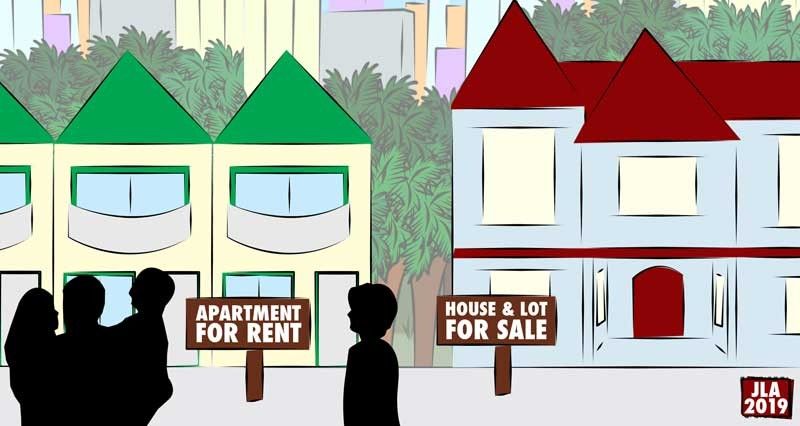Pinoy middle class still vulnerable to poverty

MANILA, Philippines — The Filipino middle class – which comprises less than half of the country’s population – is still vulnerable to poverty because of less access to social services and affordable housing, according to state-run think tank Philippine Institute for Development Studies (PIDS).
In a recently published policy note titled “Defining and Profiling the Middle Class,” PIDS said the middle class is crucial to society as they hold critical roles in higher value-added sectors.
With better educational attainment and higher purchasing power, middle income families are willing to pay for better-quality products and services and their demand encourages investments in production and marketing.
This socioeconomic class is also key to the enhancement of the country’s human capital because of its large investments in education and health care.
Using the indicative range of monthly family incomes for a family of five at 2017 prices, PIDS groups such families earning between P19, 040 and P38,080 as lower middle income; those earning P38,080 and P66,640 as middle middle-income; and those earning between P66, 640 and P114,240 as upper middle income class.
The study finds that less than half of Filipino households belong to the middle class, who are generally urban dwellers. This economic class work in areas outside agriculture with some household members working abroad.
But even if middle income families have greater financial security than poor and low-income families, they may still be vulnerable to economic shocks as they face issues in housing, clean water supply and low access to social services.
A quarter of this population still rent their homes because of lack of access to affordable housing.
Half of the middle income households in the country also lack access to quality water supply which may cause illness and therefore increase their health-related expenses.
“In urban areas, those in informal settlements, including the middle class face, difficulties in access to affordable housing,” the report said.
Even if their employment is more secure than those in the lower income bracket, several family members who work overseas are vulnerable to job loss, endangering the welfare of the family as overseas workers tend to be the breadwinner of some families, it said.
“Those with relatives working overseas, especially among those in the lower middle income cluster, may be vulnerable to falling into poverty if the OFW member loses his/her job as remittances cover a substantial proportion of the household income,” the paper said.
On the average, it may take 18 years, even longer for those in poor households to transition to middle income stature. These cover poorer households with at least five members earning only between P9,000 and P18,200 monthly in 2017.
PIDS thus urges the government to reexamine its social protection policies and recognize that while the poor needs greater assistance, the middle class is also now increasingly vulnerable to economic shocks.
With these risks, in mind, the policy research body thus urges the government to reexamine its social protection services for the middle class.
Interventions also include ensuring the availability of clean water for communities as well as improving access to affordable housing.
In the wake of risks of job losses from automation, PIDS said social protection measures must be in place especially for OFWs families.
“Government will need to reexamine its social protection policies and recognize that while the poor is most vulnerable, even the middle class is vulnerable,” PIDS said.
“These steps to manage risks and resilience are aligned with the country’s commitment to attaining the Sustainable Development Goals to ensure that divides that separate the low-, middle-, and high-income classes will not get any wider,” it said.
- Latest




























